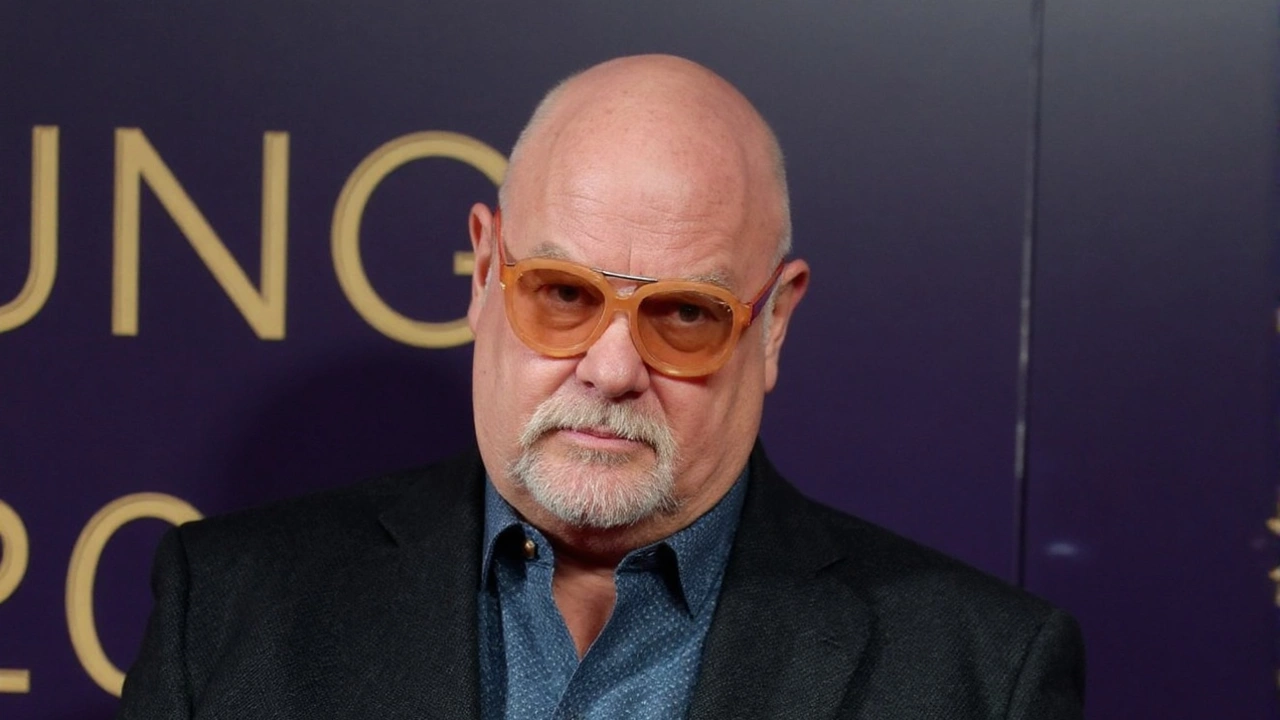James Whale – English Football Manager and Soccer Insights
When talking about James Whale, the English football manager best known for leading Bradford City and later Wigan Athletic, you’re touching on a career that blends tactical insight with a passion for developing talent. Also known as the former Bradford boss, he has become a recognizable name in the lower leagues of English football.
As a football manager, Whale’s job involves squad selection, training routines, and in‑game strategy. The role demands strong leadership, an eye for player development, and the ability to adapt tactics on the fly. His experience shows how a manager can turn a modest budget into competitive performances.
Operating within English football, a system known for its deep league pyramid and passionate fan bases, Whale has navigated promotion battles and relegation scares. The English game’s unique blend of physicality and technical skill creates a challenging environment for any manager seeking consistency.
All of this happens under the broader umbrella of soccer, the global sport also called football, played by millions across continents. Soccer’s universal appeal means that managerial decisions reverberate beyond a single club, influencing coaching trends and player development worldwide.
One area where Whale’s influence is especially visible is the midfielder role, the engine room that links defense and attack, often covering the most ground in a match. Midfielders under his guidance are expected to be versatile, capable of breaking up opposition play while also creating scoring opportunities.
If you’re looking for deep dives on James Whale, you’re in the right spot. Below you’ll find a hand‑picked mix of stories that touch on tactics, player positions, club history, and even the culture surrounding jerseys and fan communities. These pieces together paint a full picture of how Whale’s career fits into today’s soccer landscape, giving you actionable insights and entertaining anecdotes to fuel your own love of the game.

James Whale final podcast from hospice: 'Au revoir, not goodbye'
James Whale recorded his final podcast from a hospice with his wife Nadine by his side, thanking listeners and signing off with 'au revoir, not goodbye.' The 74-year-old broadcaster, who stopped cancer treatment in May after a 2020 stage-four diagnosis, died on August 4, 2025. TalkTV aired the farewell on August 1. He was awarded an MBE in 2024 and is survived by Nadine and sons James and Peter.